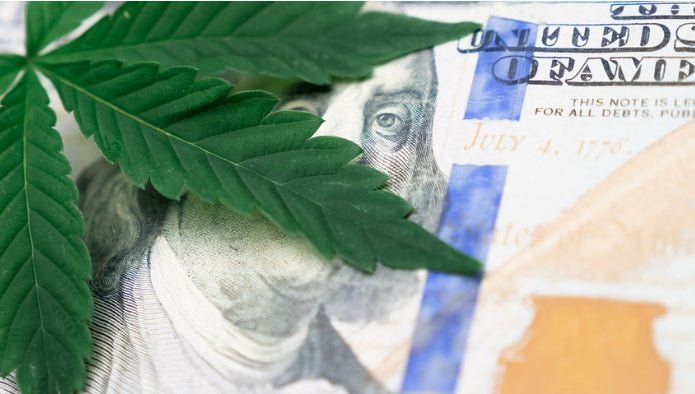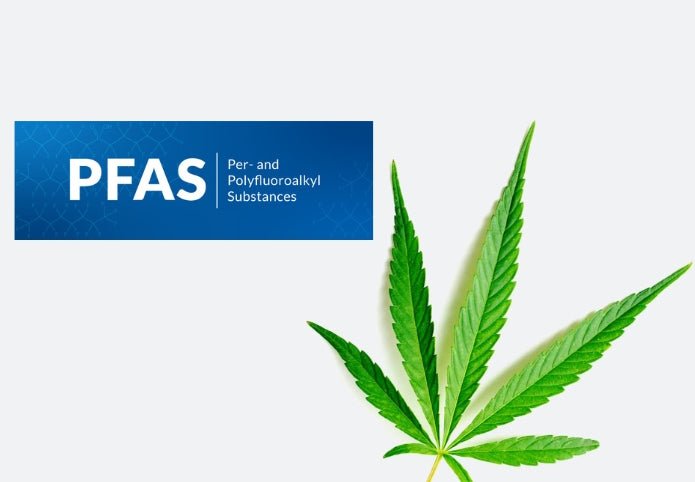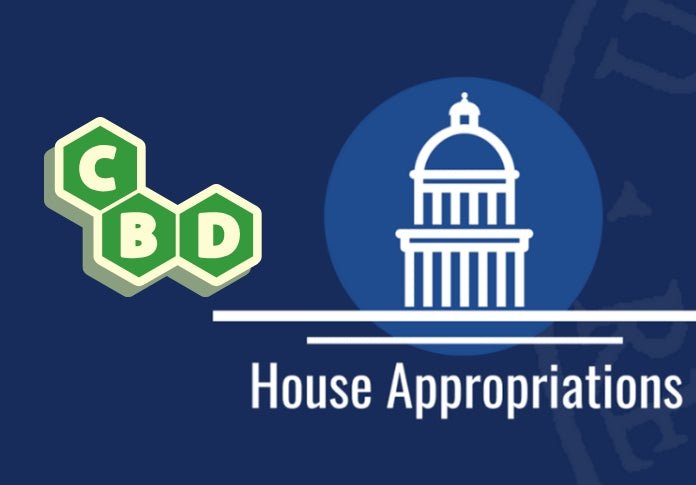The problematic section of the IRS tax code continues to cost marijuana businesses millions in lost deductions each year, and some states are trying to help.

When states began to rebel against the outdated and wildly ineffective federal prohibition on marijuana a little over a decade ago, many aspiring cannabis entrepreneurs could not wait to jump on the "bud wagon" and join the movement. Then came the reality check of operating a state-legal marijuana business while the plant remained an illegal Schedule 1 drug on the federal government's Controlled Substances List.
Starting a new enterprise is hard enough, but when an operator cannot open a simple checking account at their local bank because they run an illegal business in the eyes of the federal government, dazzling visions of stacks of cash give way to a daily struggle to run the company and pay the bills.
One of the more onerous obstacles most marijuana companies face is the dreaded Section 280E of the Internal Revenue Service's tax code. For many individuals and businesses, the ability to deduct business expenses is a vital part of reducing the eventual amount of taxes owed at the end of the year.
Section 280E prohibits marijuana businesses from taking traditional business deductions because the plant is still illegal under federal law. In the past, this legal impediment has cost operators millions in lost deductions. Likewise, with the current economic downturn for the industry over the past couple of years, burdens like Section 280E pose an existential threat for many small to medium-sized cannabis operations struggling to keep their financial heads above water.
However, there may be hope on the horizon in the form of individual state intervention. According to multiple local and national news outlets, a significant number of states with legal adult-use marijuana markets have passed laws that exempt or "decouple" companies from Section 280E of the federal tax code.
As recently as this Spring, state legislatures in New York, New Jersey, Connecticut, and Illinois enacted measures allowing cannabis companies to deduct business expenditures from their state income taxes despite those operations remaining illegal under federal law.
The potential savings could be in the millions for some larger operators. However, the new state-level exemptions do not change the amount of federal taxes owed, and businesses will still not be permitted to deduct any expenses for federal taxation purposes.
Based on data gathered by the Marijuana Policy Project (MPP), a Washington DC-based cannabis advocacy group, 16 states where recreational marijuana is legal have passed some level of legislation decoupling businesses from Section 280E. Conversely, Alaska, Arizona, Maine, Nevada, and Washington have no laws exempting their operators from the IRS code regulation.

Furthermore, according to Karen O'Keefe, director of state policies at MPP, a Rhode Island legislative effort to provide relief for its cannabis businesses stalled out during the committee hearing process.
In addition to the adult-use markets providing decoupling relief for their businesses, medical marijuana operators in Hawaii, Louisiana, Arkansas, Maine and Washington DC are also exempt from 280E under state tax law.
Much of the impetus for states stepping in to provide legislative help for their respective cannabis markets came from a dramatic reduction in tax revenue received in 2022. When states began implementing regulated and legal marijuana markets, lawmakers envisioned massive amounts of tax revenue flowing into state coffers, helping fund new projects ranging from education initiatives to much-needed infrastructure improvements.
Initially, those predictions and expectations came to fruition. However, in recent years, with economic contractions occurring in areas like California and Colorado, along with the added cost of the 280E restrictions, tax revenues are decreasing, and many businesses need help to keep their doors open for business.
In an interview, O'Keefe reiterated this reality by saying, "There's been a wake-up call in the last couple of years as it's become clear in California and some other states that because of the myriad of issues that are largely due to federal prohibition, and in some cases over-taxation and overregulation, that it can actually be really challenging for cannabis businesses - even well-capitalized ones - to be profitable at all."
"There's been a wake-up call in the last couple of years as it's become clear in California and some other states that because of the myriad of issues that are largely due to federal prohibition, and in some cases over-taxation and overregulation, that it can actually be really challenging for cannabis businesses - even well-capitalized ones - to be profitable at all."
- Karen O'Keefe, Director of State Policies at MPP
The financial relief and benefits provided by state intervention vary depending on each state's individual corporate tax rate. Regardless, any reduction is a welcome respite from the massive expenditures cannabis operators must pay to maintain their businesses.
Even with the assistance from state legislatures to circumvent Section 280E, the federal tax bill for these organizations is still astronomical. According to a study by Oregon-based Whitney Economics, the cannabis industry paid an estimated $1.8 billion more in federal taxes than non-cannabis businesses in 2022, and that number is expected to balloon to around $2.1 billion this year.
Many industry analysts and stakeholders are hoping for movement from the Biden Administration to potentially reschedule or even reschedule marijuana as a Schedule 1 narcotic. As part of his effort to pardon all those convicted of simple federal marijuana possession offenses last October, the President called on his Secretary of Health and Human Services and the Attorney General to "expeditiously" review marijuana scheduling under federal law.
With almost half of the states enacting laws to legalize adult-use cannabis and 80% with some form of medical marijuana program in place, the political and economic handwriting is on the wall for leaders on Capitol Hill and in the White House. Americans want legal cannabis, and the manufacturers and dispensaries they rely upon to provide them with high-quality and safe products need the punitive tax burden of items like Section 280E to go away and never return.







































